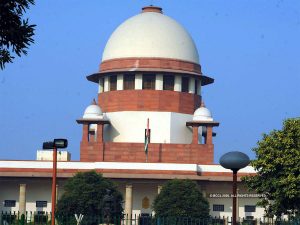Right To Privacy:

A Judge of the Madras High Court has said that a recent order passed by another judge of the same court, mandating the installation of CCTV cameras inside spas [massage and therapy centres], appears to run counter to the Supreme Court’s landmark judgement in K.S. Puttaswamy case (2017).
- In this case, the Supreme Court declared that the right to life and personal liberty guaranteed in Article 21 also implicitly includes a right to privacy.
Right to Privacy
- Generally understood that privacy is synonymous with the right to be let alone.
- The Supreme Court described privacy and its importance in the landmark decision of K.S. Puttaswamy v. Union of India in 2017.
- The right to privacy is protected as an intrinsic part of the right to life and personal liberty under Article 21 and as a part of the freedoms guaranteed by Part III of the Constitution.
- The Puttaswamy judgement holds that the right to privacy is protected as a fundamental constitutional right under Articles 14, 19 and 21 of the Constitution of India.
Restrictions (as stated in the Judgement):
- The right may be restricted only by state action that passes each of the three tests:
- First, such state action must have a legislative mandate.
- Second, it must be pursuing a legitimate state purpose, and
- Third, it must be proportionate i.e., such state action- both in its nature and extent, must be necessary in a democratic society and the action ought to be the least intrusive of the available alternatives to accomplish the ends.




